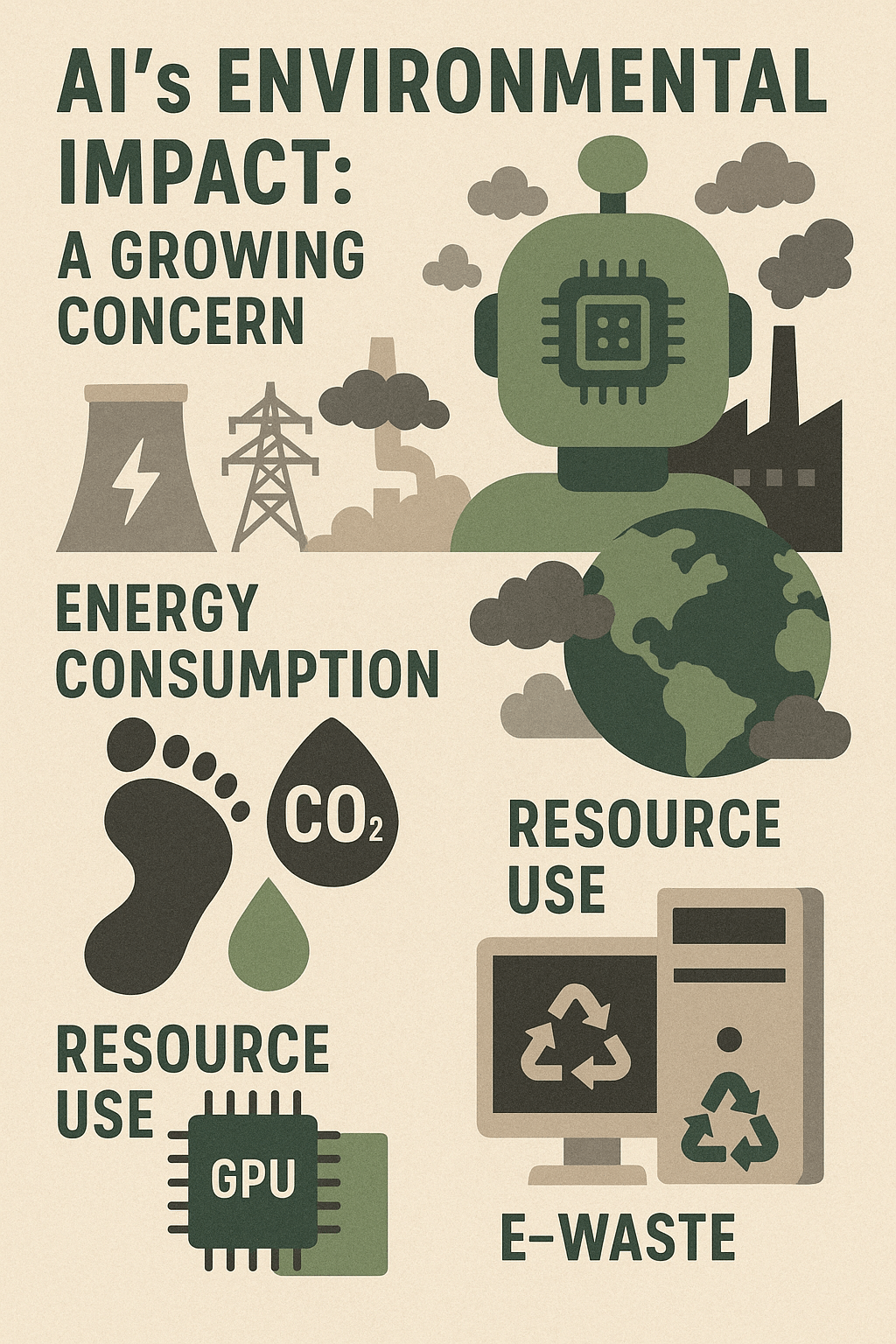The rapid development of artificial intelligence (AI) brings numerous economic benefits, but a recent study by the International Monetary Fund (IMF) sheds light on a critical issue: the environmental impact of AI on our climate. As AI technologies continue to proliferate in various sectors, from tech to finance and healthcare, the associated energy consumption raises serious concerns about sustainability. The IMF report projects that AI applications could contribute between 1.3 and 1.7 gigatons of CO₂ emissions between 2025 and 2030, a figure that is strikingly comparable to Italy’s total emissions over a five-year period.
Such figures force us to confront the reality that while AI holds tremendous potential for efficiency and profitability, its carbon footprint could undermine those very goals. Critics of the study argue that the analysis may not accurately reflect the full spectrum of AI’s real-world climate impact. Many of the algorithms and data processes driving AI require vast amounts of computational power, which in turn demand significant energy resources, often sourced from fossil fuels. If AI-driven electricity consumption reaches the projected 1,500 terawatt hours (TWh) by 2030, it would be equivalent to the total energy demand of India, one of the world’s largest consumers of electricity.
This alarming projection compels us to question the sustainability of AI’s rapid growth. If the current trajectory holds, the expansion of AI technologies could lead to substantially higher energy consumption and, therefore, increased carbon emissions—issues that may counteract the potential benefits of AI advancements. As we navigate through the transition into a more AI-driven future, it is imperative to evaluate how this evolution aligns with global climate goals. Industries must recognize that the energy required for AI operations is not a negligible consideration. Companies and organizations investing in AI technologies should prioritize sustainable practices, such as harnessing renewable energy sources, optimizing algorithms to be more energy-efficient, and exploring innovative cooling solutions for data centers. Additionally, stakeholders should push for greater transparency in the AI industry regarding energy use and carbon emissions, as accurate data will allow for informed decision-making.
Governments, too, have a role to play. Policies that incentivize low-carbon technology and support research into energy-efficient AI solutions could significantly mitigate the environmental costs associated with rapid AI deployment. By fostering collaboration between the AI sector and environmental researchers, we can work towards creating systems that harness the transformative abilities of AI while remaining committed to reducing carbon footprints. Ultimately, the conversation surrounding AI and its environmental impact cannot be sidelined. Economic growth through technological innovation is vital, yet it should not occur at the expense of our planet’s health. Balancing these aspects will be a test of our priorities and values as a society. As we step further into the age of AI, it’s crucial to ensure that our choices reflect a commitment to both technological advancement and environmental sustainability, paving the way for a harmonious coexistence of innovation and nature. The stakes are high, and the time for action is now.
Send us your news/press releases to info@impactainews.com
Discover more from Impact AI News
Subscribe to get the latest posts sent to your email.
